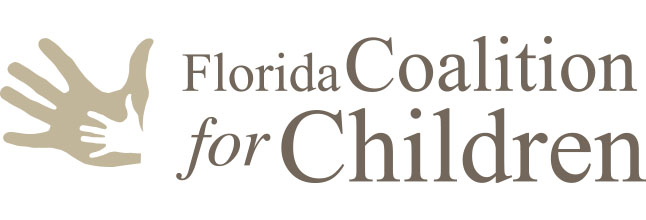Ramadan started May 16. It is the ninth month of the Islamic calendar, and is observed by Muslims worldwide as a month of fasting to commemorate the first revelation of the Quran to Muhammad according to Islamic belief.
The issue of religious diversity has become a pressing one. Many more people are becoming assertive about religious affiliation in the workplace. Balancing competing demands of workplace productivity and religious observance can be a serious concern for managers.
- The U.S. Equal Employment Opportunity Commission (EEOC) has made a wide variety of material available on its website (https://www.eeoc.gov), including an online resource for small businesses, the Small Business Resource Center (SBRC). The site offers the following advice about employee requests for religious accommodation:
- Understand who the law protects. The law protects people who have sincere religious, ethical or moral beliefs. This includes people who belong to traditional, organized religions, as well as people who have newer or less common religious beliefs, and atheists.
- Consider the request. Don’t automatically refuse an accommodation request or have an inflexible policy that doesn’t allow for exceptions. Review each request individually. Avoid assumptions about religious beliefs or practices or appropriate accommodations. Discuss the request with the applicant or employee if needed to ensure understanding of the employee’s religious needs and available accommodation options.
- Provide an effective accommodation, unless doing so would require more than minimal cost, based on your resources and the operation of your business.
- Be receptive to additional accommodation requests. An employee’s religious beliefs and work responsibilities might change over time, resulting in additional or alternative accommodation
Source: The Nonprofit Times









